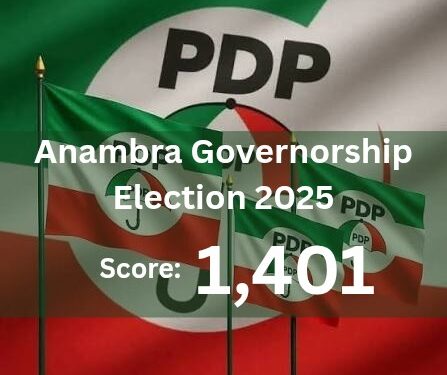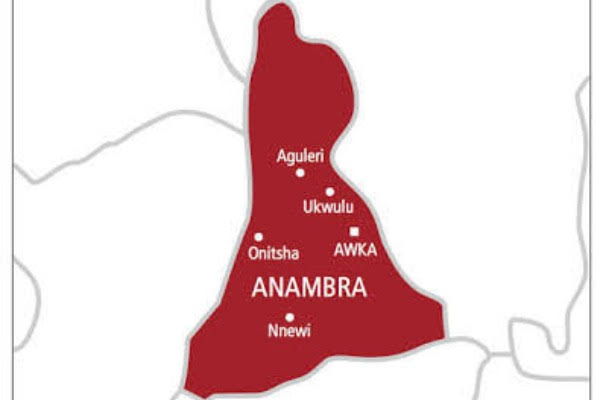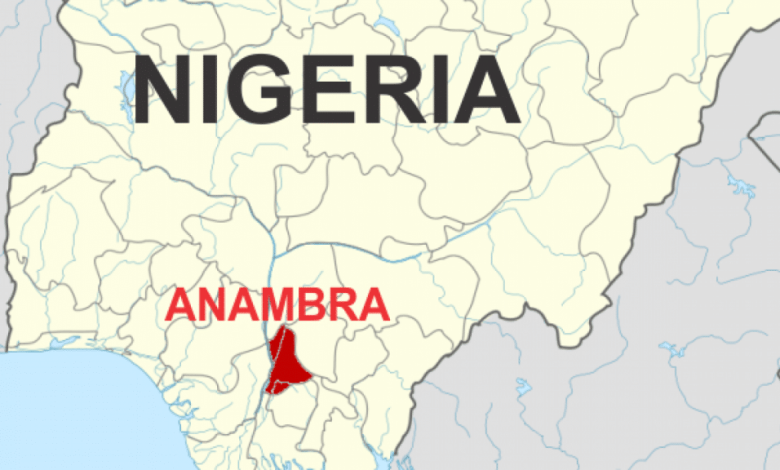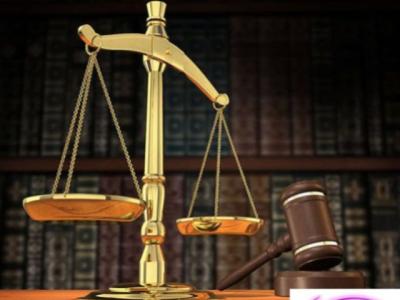By Comr. Duke Imandu
The Peoples Democratic Party’s disgraceful performance in the just concluded Anambra State Governorship Election on November 8, 2025, is a clear reminder of how far the once “all mighty PDP” has fallen. In an election where APGA’s Charles Soludo secured 422,664 votes to clinch re-election, the PDP candidate, Jude Ezenwafor, got what could best be described as near zero vote; a paltry 1,401 votes out of the 584,054 valid votes, finishing in a distant and humiliating sixth position behind even relatively obscure parties.
Personally, this is more than just an electoral defeat, it shows the complete disintegration of a party that once proudly proclaimed itself “the largest party in Africa.”
PDP’s Days of Political Dominance
Founded in August 1998 by prominent political figures and retired military officers including over 100 senior officers, the PDP quickly became Nigeria’s dominant party under the guidance of Olusegun Obasanjo who has since trashed the party in his basket of political woes. The party won the first democratic elections in 1999 and maintained power for 16 consecutive years until 2015, controlling the presidency and a majority of state governorships.
 In the 2003 legislative elections, the party won 54.5% of the popular vote and 223 out of 360 seats in the House of Representatives, and 76 out of 109 seats in the Senate. During its peak years, the PDP was indeed the undisputed giant of Nigerian politics, with a broad national reach and unarguably very strong electoral machinery.
In the 2003 legislative elections, the party won 54.5% of the popular vote and 223 out of 360 seats in the House of Representatives, and 76 out of 109 seats in the Senate. During its peak years, the PDP was indeed the undisputed giant of Nigerian politics, with a broad national reach and unarguably very strong electoral machinery.
The Glaring Contrast that Caught My Attention: Anambra 2021 vs 2025
The magnitude of PDP’s collapse becomes even more obvious when comparing the 2021 and 2025 Anambra governorship elections. In 2021, PDP candidate, Valentine Ozigbo secured 53,807 votes, finishing second to Soludo who polled 112,229 votes. While Ozigbo lost that election, the PDP still commanded respectable support and remained a viable political force in the state.
Fast forward to 2025, and the party’s support has dwindled to an almost invisible degree. From 53,807 votes in 2021 to just 1,401 votes in 2025 represents a whopping 97.4% collapse in support. This sharp decline clearly defies conventional political analysis.
The Anambra disaster is particularly devastating given that the South East region, where Anambra is critically positioned, was traditionally considered a PDP stronghold. Yet, in several local government areas, the PDP in this election received votes in double digits or even single digits, with results such as 73 votes, 111 votes, 18 votes, and 207 votes in different LGAs.
In most polling units around the state capital, Awka, only APGA and APC had their party agents on the ground, with PDP conspicuously absent. This organisational collapse demonstrates that the party’s problems extend far beyond mere unpopularity, it has ceased to function as a credible electoral machine in many communities in Nigeria.
A Party at War With Itself
The roots of PDP’s abysmal decline lie in months of poorly managed internal crises that have paralyzed the party and driven away key members. It has even become almost impossible to hold the statutory National Convention like the planned November 2025 National Convention which has now been meshed in controversy, court orders and counter court orders.
In October 2025, the PDP suspended screening of aspirants for its 2025 Elective National Convention citing “unforeseen circumstances,” while former Jigawa State Governor, Sule Lamido expressed anger over his inability to obtain nomination forms for National Chairman, threatening court action. The party’s National Convention Organising Committee announced the postponement less than a month before the much anticipated convention, raising concerns about unabating internal challenges.
The crisis took a new dimension when the National Secretary, Senator Samuel Anyanwu petitioned the Department of State Services, Inspector General of Police, and INEC over alleged forgery of his signature on correspondence about the proposed November convention. Over 20 federal lawmakers elected on the PDP platform threatened to defect from the party over an alleged plot by leadership to clear a nominee of an APC governor for the position of National Woman Leader.
Governors Defections That Hit Hard
Perhaps, nothing illustrates PDP’s existential crisis more dramatically than the massive wave of high profile defections that have hit the party’s strength below the belt. In 2025 alone, the former main opposition party has lost four governors; Douye Diri of Bayelsa, Sheriff Oborevwori of Delta, Umo Eno of Akwa Ibom, and Peter Mbah of Enugu.
Diri announced his resignation from the PDP on October 15, 2025, and was formally received into the APC by Vice President Kashim Shettima in a grand ceremony in Yenagoa. Governor Oborevwori, along with his predecessor, Ifeanyi Okowa, members of the House of Assembly and all PDP members in Delta State defected to the APC in April, 2025.
Pastor Umo Eno’s defection from the PDP to the APC on June 6, 2025, was accompanied by 31 local government chairmen and lawmakers. Governor Peter Mbah officially dumped the PDP and defected to the APC in October, 2025.
Between October and December 2024, 14 House of Representatives members from the PDP and Labour Party defected to the APC, with four senators from Osun and Akwa Ibom also leaving the PDP for the APC by October, 2024.
Since the conclusion of the 2023 elections, the PDP has been navigating serious internal rifts, with tensions inflamed by the prolonged feud between Rivers State Governor, Sim Fubara and former Governor Nyesom Wike in the state. In fact, it will not be out of place to say that the FCT Minister, Barr. Wike is the leader of the caucus piloting PDP’s crisis.
The Scoreboard That Displays The Humiliation
The 2025 Anambra results paint a picture of utter electoral irrelevance for PDP.
1. APGA (Winner): 422,664 votes (72.4%)
2. APC (Second): 99,445 votes (17.0%)
3. YPP (Third): 37,753 votes (6.5%)
4. LP (Fourth): 10,576 votes (1.8%)
5. ADC (Fifth): 8,208 votes (1.4%)
6. PDP (Sixth): 1,401 votes (0.2%)
The result prompted shocked reactions on social media, with observers questioning how the party that once controlled Nigeria could secure only 1,401 votes in a major governorship election, less than half a percent of the votes.
To put this in perspective, the PDP received fewer votes than the African Democratic Congress, a party many Nigerians would struggle to identify. Even smaller parties like the African Action Congress (AAC) with 292 votes and the Action Alliance (AA) with 1,145 votes came remarkably close to matching or almost surpassing the PDP’s performance.
It is important to note that there were concerns of widespread vote buying and voter apathy which Yiaga Africa put turnout to below 25 percent. Out of 2,788,864 registered voters, only 598,229 were accredited, with 584,054 valid votes cast, about 21% turnout.
However, it is pathetic that the PDP could not mobilise support from the few turnouts just as other parties did. The party’s ground game has now completely evaporated, with almost no presence at many polling units and virtually no visible campaign infrastructure.
Duke is a communication and PR practitioner.






